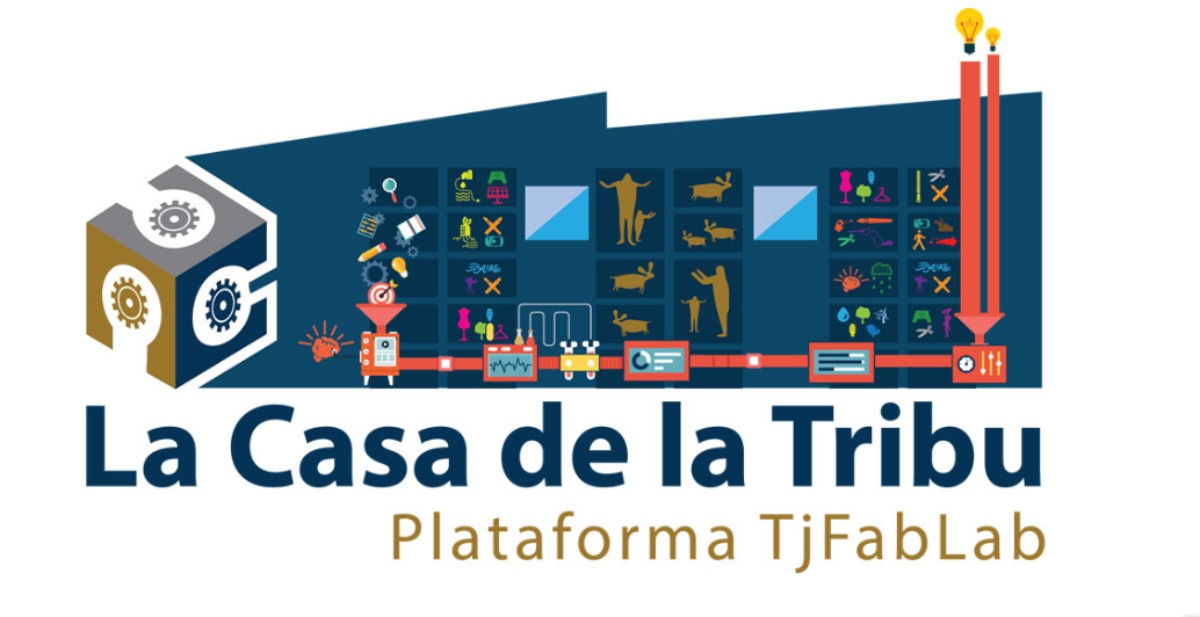Casa de la Tribu, a project funded by Carlos Slim Foundation and USAID, seeks social reintegration of youth at risk in Tijuana
The Embassy of the United States, through its Agency for International Development (USAID), Carlos Slim Foundation, the Iberoamericana University in Puebla and the Tijuana Innovadora Movement inaugurated in Tijuana the second FabLab (Digital Manufacturing Workshop) in the country, called Casa de la Tribu (House of the Tribe).
Supporting young people at risk and generating a community is the goal of Casa de la Tribu, a project in which different prototypes can be developed based on digital design, with the aim of improve the social environment and provide a trade to groups that need it.
Casa de la Tribu is a laboratory of digital manufacturing (FabLab). It is aimed at young people at risk and the community in general, who can participate in design and product development projects to sell or to improve their environment.

This project was funded by the United States Agency for International Development (USAID) and Carlos Slim Foundation. It seeks to generate a community that carries out social innovation projects with digital art.
In this space, the participants have access to 3D printing to develop prototypes, such as furniture.
Aristarco Cortés, head of the Institute of Design and Technological Innovation of the Iberoamericana University in Puebla, explained that the goal is to insert young people into society, generating community through technology.
Through Tijuana Innovadora and other civil and business organizations, the Casa de la Tribu may have projects in the coming weeks, seeking areas of opportunity with educational institutions or groups of young people living in areas of high incidence of crime.
Carlos Slim Foundation has the vocation to help in the integral formation of people of all ages, in Mexico and Latin America, so that they can strengthen their abilities, skills and can be actively part of the economic and social development of the region, achieving more opportunities and a better quality of life.
To do this, it works with academic institutions, governments and civil society organizations, so that its programs on education, health, employment, justice, migrants, road safety, human development, sports, environment, culture, humanitarian aid and economic development, benefit the greatest number of people, with special emphasis on the most vulnerable groups.


